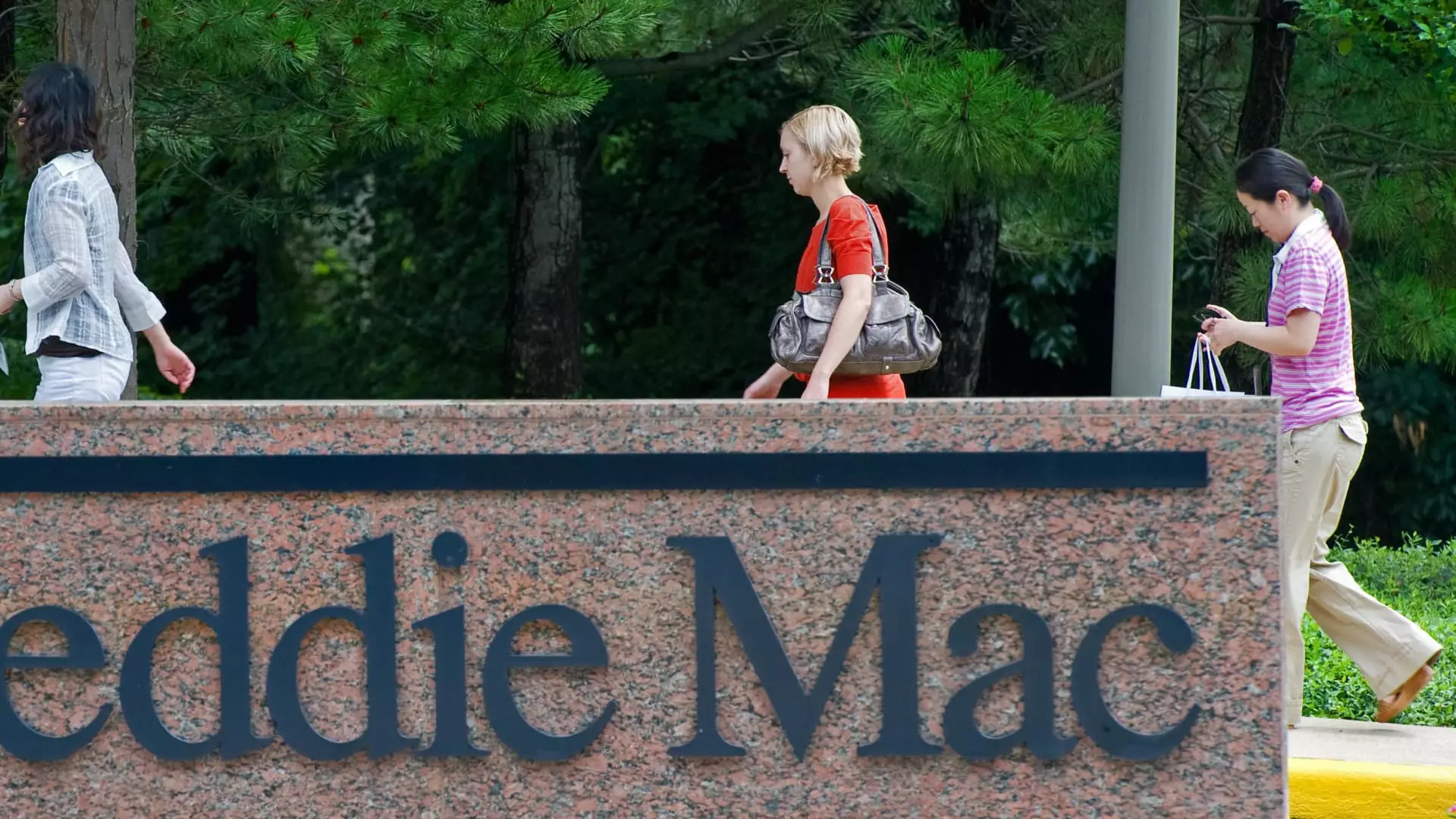The future of Fannie Mae and Freddie Mac, two pivotal entities in the U.S. mortgage finance market, raises significant questions about the balance between government oversight and private market dynamics. Initially established to enhance homeownership accessibility in the United States, these government-sponsored enterprises (GSEs) have been under federal conservatorship since 2008 due to their near-collapse during the financial crisis. The current political environment, especially with the ongoing second term of President Donald Trump, has rekindled discussions surrounding the potential privatization of these entities. This article explores the multifaceted implications of such a move, focusing on economic risks, market stability, and the impact on prospective homebuyers.
Fannie Mae (Federal National Mortgage Association) and Freddie Mac (Federal Home Loan Mortgage Corporation) were conceived by Congress in the 1930s to facilitate home lending and stabilize the mortgage market. However, the institutions’ vulnerabilities were dramatically exposed during the 2007-2008 financial crisis, when the housing bubble burst and a wave of defaults on subprime mortgages flooded the market. In response, the Federal Housing Finance Agency (FHFA) placed both firms into conservatorship, effectively shielding them from bankruptcy while stabilizing the housing market. During this period, the Treasury Department stepped in to financially support the GSEs, underpinning their operations.
The conservatorship ensured that the risks associated with mortgage lending were borne by taxpayers rather than investors. Yet, it has kept these institutions from operating as fully private entities, limiting their capacity to generate profit and reinvest in their operations. The ongoing public versus private debate unfolds against a backdrop of a complex economic landscape, with experts divided on the potential benefits and drawbacks of releasing Fannie and Freddie from government oversight.
Recent discussions about privatizing Fannie Mae and Freddie Mac have reignited concerns regarding the feasibility of such a transition. The Trump administration had previously hinted at the possibility of rescinding government control, but significant hurdles remain. According to experts like Mark Zandi, the chief economist at Moody’s Analytics, the practicality of the transition hinges on the economic rationale behind it. Zandi argues that the risks associated with removing government backing from these entities could lead to increased borrowing costs for homebuyers, as investors would likely demand higher interest rates to compensate for the perceived risks.
Conversely, a shift toward privatization could invite a new wave of participation from private investors within the mortgage market. However, if executed improperly, this could destabilize the housing market further, elevating mortgage rates and complicating access to home loans—an outcome that would disproportionately affect low- and middle-income families who typically rely on affordable financing options.
The ongoing conversations around privatization have already impacted investor sentiment. With Fannie Mae and Freddie Mac accounting for approximately 70% of the mortgage market, any policy changes could drastically affect the flow of capital into mortgage-backed securities. Investors currently involved with GSE debt may encounter increased risk profiles as the government backing dissipates, leading them to seek higher returns to mitigate their exposure.
On the consumer side, the possible rise in mortgage rates as a result of privatization could disincentivize first-time buyers, intensifying an already challenging landscape for homeownership. While an all-cash payment model is on the rise—26% of homebuyers opted for this route in 2024, a record high—approximately 74% still depend on mortgages for financing their homes. Increased borrowing costs would severely limit their purchasing power, pushing homeownership further out of reach for a significant portion of the populace.
The discourse surrounding the fate of Fannie Mae and Freddie Mac reflects broader socio-economic dynamics accentuated by political agendas. Experts like Susan Wachter, a finance professor at The Wharton School, caution that a failure to navigate the complex logistics of privatization could result in unintended consequences, including heightened fiscal risks to taxpayers and an unstable housing market. The implications of releasing these GSEs are profound and far-reaching, necessitating careful consideration of economic fundamentals and social responsibility.
Ultimately, while the potential for increasing government profits from these two institutions exists, the broader concerns regarding market stability, access to affordable home financing, and the risk to taxpayers complicate the narrative. Negotiating this landscape will require a balanced approach—one that prioritizes the economic health of the nation, the stability of the housing market, and the welfare of American homeowners. As the administration moves forward, this complex and sensitive issue remains central to the ongoing dialogue on housing finance reform in the United States.

